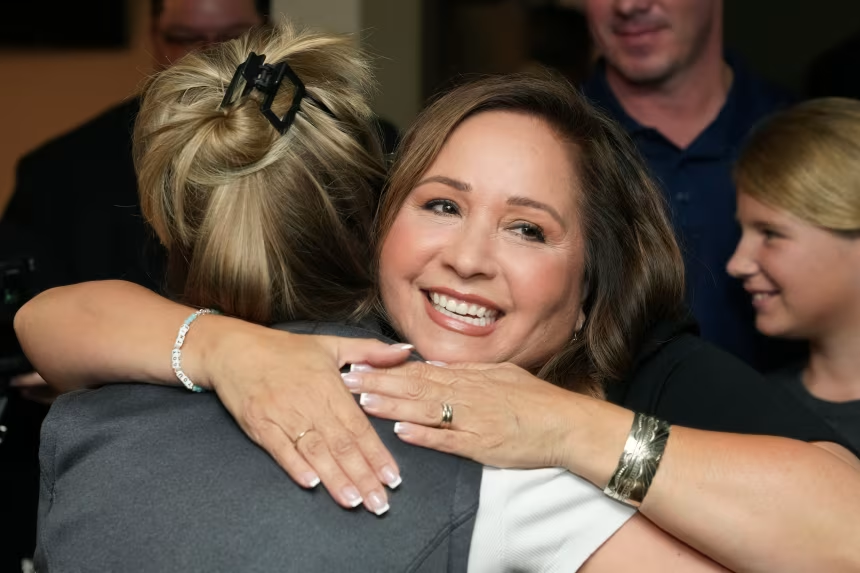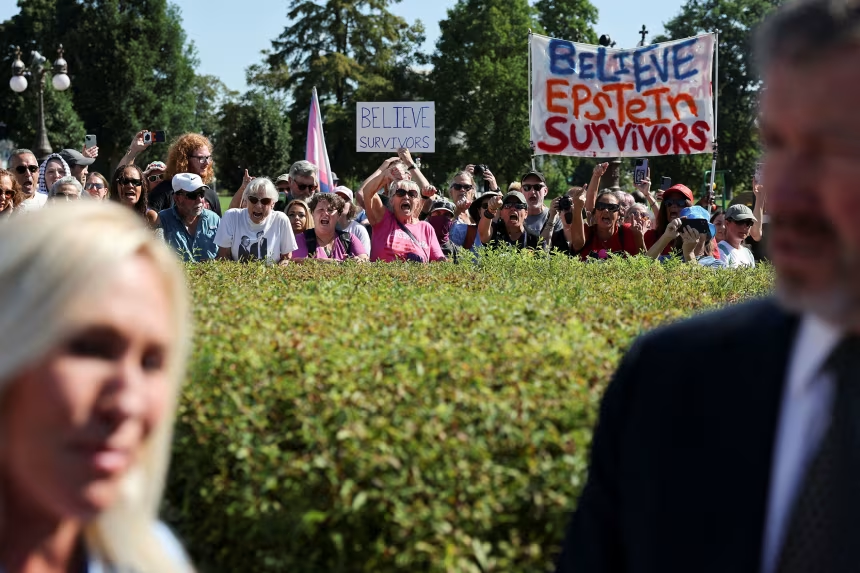Arizona’s special election has taken a dramatic turn as new revelations about alleged “Epstein files” have injected fresh controversy into an already heated political contest. The release of purported documents tied to Jeffrey Epstein is stirring public concern and media scrutiny as voters prepare to head to the polls.
The disputed files, which reportedly contain sensitive information, have prompted accusations of secrecy, manipulation, and coercion. Critics demand more transparency from election officials and candidates tied—directly or indirectly—to the Epstein revelations. Supporters argue that the timing and sourcing of the leak raise questions about whether it is being used as a tool for political distraction or influence.
Campaigns across Arizona are now recalibrating their messaging. Some candidates are distancing themselves from Epstein-linked associations, while others are accusing rivals of leveraging the documents for political gain. The controversy is spotlighting broader worries about foreign interference, disclosure rules, and candidate vetting in high-stakes elections.
Public trust is slipping in some quarters. Voters tell pollsters they feel unsure whether the election will be free from undue influence or manipulation. Civil society groups are calling for investigations into who released the files and whether there have been breaches of both campaign finance and classifieds about document handling.
Ultimately, the emergence of the Epstein files in this election adds complexity to what already was a tightly contested race. Arizona residents are watching closely: how the election is conducted, how allegations are handled, and whether the outcome will be accepted as legitimate. The next few days may reshape not only the results but also how future campaigns deal with leaks, secrecy, and political ethics.



